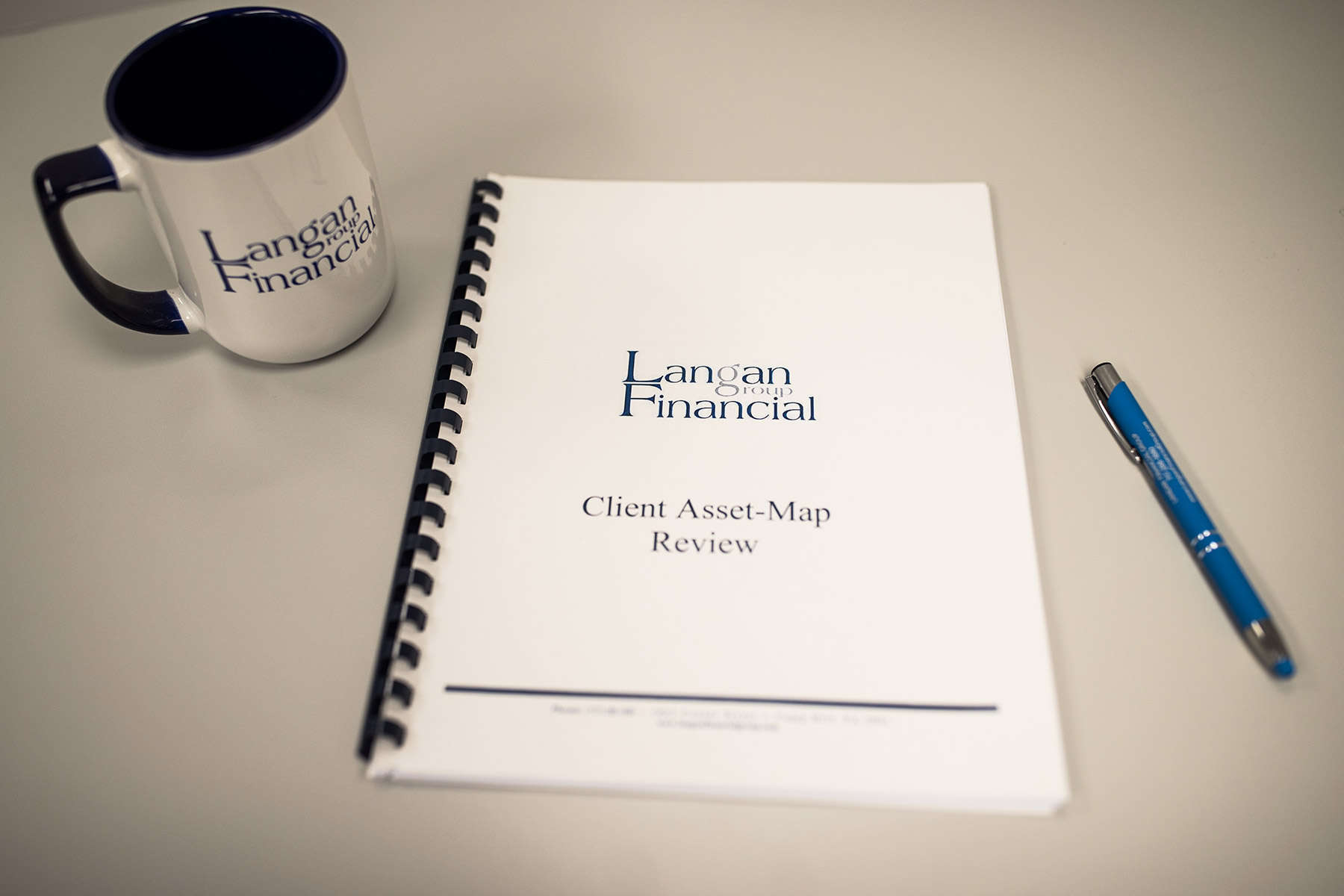The current trade war has significantly reshaped the global economic landscape, with recent developments intensifying market volatility and investor uncertainty.
As of March 12, 2025, the United States has implemented a 25% tariff on steel and aluminum imports from all countries, including Canada, without exceptions. This move has sparked retaliatory measures from major trading partners, escalating tensions and disrupting global trade patterns.

Trade War Risks for Investors
The current trade war introduces several key risks to the investment landscape:
Increased Market Volatility: The U.S. stock market has lost $4 trillion in value as uncertainty over trade tariffs sparks economic worry. The CBOE Volatility Index (VIX) has reached its highest level since late December, reflecting rising investor anxiety.
Sector-Specific Impacts: Industries reliant on international trade, particularly those involving steel and aluminum, are facing significant challenges. The newly imposed metals tariffs affect tons of steel and aluminum imports from various countries.
Inflation Risks: The implementation of tariffs is expected to increase consumer prices, with the Personal Consumption Expenditures (PCE) projected to rise by 1-1.2%.
Supply Chain Disruptions: Companies are grappling with supply chain instabilities across multiple sectors due to the new tariff policies.
Geopolitical Unpredictability: The rapid shifts in tariff policies, exemplified by President Trump’s unexpected reversal of the 50% tariff hike on Canadian metals, have created an unstable investment environment.
Trade War Opportunities for Investors
Despite the challenges, the current trade war climate presents several investment opportunities:
Domestic-Focused Companies: Businesses with limited global exposure may outperform as they are less affected by international trade disputes.
Resilient Sectors: Utilities, healthcare, and consumer staples often show stability during economic uncertainty and may provide safer investment options.
Government Incentives: Some industries may benefit from increased government support, as seen in the Trump administration’s efforts to bolster struggling U.S. industries through tariffs.
Alternative Markets: International markets less affected by the U.S.-centric trade disputes may offer growth potential for diversified investors.
Trade War Strategies for Investors

To navigate this volatile environment:
- Diversify Across Sectors and Geographies: Spread risk by investing in a variety of industries and countries less impacted by the current trade tensions.
- Consider Inflation-Protected Assets: With rising tariffs potentially increasing inflation, consider Treasury Inflation-Protected Securities (TIPS) or commodities.
- Focus on Resilient Companies: Analyze businesses for trade war resilience, particularly those with adaptable models and strong domestic presence.
- Stay Informed: Regularly monitor geopolitical developments and be prepared to make timely portfolio adjustments.
- Leverage Defensive Strategies: Consider allocating funds to stable, dividend-paying stocks or using ETFs focused on defensive strategies to mitigate risk.
Explore Alternative Investments: Assets like gold or certain hedge funds may perform differently from traditional stocks and bonds during trade disputes.
Trade War Strategic Planning for Different Investor Types
Young Investors vs. Those Close to Retirement
Young Investors:
- Stay invested in the market, focusing on long-term growth potential.
- Use market volatility as an opportunity to buy quality stocks at lower prices.
- Consider increasing exposure to small and mid-cap companies with strong domestic revenue streams, as they may be less affected by international trade disputes.
Investors Close to Retirement:
- Reassess portfolio allocation to ensure it aligns with a more conservative risk profile.
- Consider shifting towards more defensive sectors like utilities, healthcare, and consumer staples.
- Implement a dynamic withdrawal strategy, such as the guardrails approach, to adjust income based on market conditions.

Income-Focused vs. Growth-Oriented Investors
Income-Focused Investors:
- Prioritize high dividend-paying stocks in defensive sectors like consumer staples or financials
- Consider inflation-protected assets such as Treasury Inflation-Protected Securities (TIPS) to maintain purchasing power.
- Explore alternative investments that may perform differently from traditional stocks and bonds during trade disputes.
Growth-Oriented Investors:
- Focus on companies with strong fundamentals, resilient business models, and manageable debt levels.
- Look for opportunities in sectors benefiting from reshoring and U.S. manufacturing incentives.
- Consider exposure to long-term growth trends like AI, automation, and infrastructure, which may persist regardless of trade tensions.
Risk-Averse vs. Aggressive Investors
Risk-Averse Investors:
- Diversify across sectors and geographies to spread risk.
- Increase allocation to defensive assets and stable, dividend-paying stocks.
- Consider using ETFs focused on defensive strategies to mitigate risk.
Aggressive Investors:
- Seek opportunities in small and mid-cap companies that may benefit from domestic focus during trade disputes.
- Look for mispriced assets created by market volatility.
- Consider tactical shifts to sectors or companies that may benefit from changing trade policies.
Long-Term Perspective for Trade War Investors
While the immediate impact of the trade war has been significant, it’s crucial to maintain a long-term perspective. A less extreme trade war scenario of 10% across-the-board tariffs may only slow global GDP growth by -0.1% in 2025. However, the current situation appears more severe, with higher tariffs and broader implications.
Investors should prepare for potentially prolonged trade tensions by focusing on resilient investments and regularly reviewing their portfolios. By staying informed, remaining flexible, and aligning investment approaches with personal financial goals and risk tolerance, investors can navigate this complex landscape and potentially turn tariffs into profits.
About the Financial Planning Author

Alexander Langan, J.D, CFBS, serves as the Chief Investment Officer at Langan Financial Group. In this role, he manages investment portfolios, acts as a fiduciary for group retirement plans, and consults with clients regarding their financial goals, risk tolerance, and asset allocation.
With a focus on ERISA Law, Alex graduated cum laude from Widener Commonwealth Law School. He then clerked for the Supreme Court of Pennsylvania and worked in the Legal Office of the Pennsylvania Office of the Budget, where he assisted in directing and advising policy determinations on state and federal tax, administrative law, and contractual issues.
Alex is also passionate about giving back to the community, and has participated in The Foundation of Enhancing Communities’ Emerging Philanthropist Program, volunteers at his church, and serves as a board member of Samara: The Center of Individual & Family Growth. Outside of work and volunteering, Alex enjoys his time with his wife Sarah, and their three children, Rory, Patrick, and Ava.
About Langan Financial Group: Financial Advisors
Langan Financial Group is an award-winning financial planning firm with offices in York, Pennsylvania and Harrisburg, Pa.
With over 100+ 5-star reviews, Langan Financial Group is an independent financial planning firm established in 1985, offering a broad range of financial planning services.
With an open architecture platform, our advisors have access to a diverse range of products, free from any sales quotas.
Our team of 9 financial experts, each with unique specialties, enhances our ability to focus on delivering value to our clients.
Disclosure
The content is developed from sources believed to be providing accurate information. The information in this material is not intended as tax or legal advice.
Please consult legal or tax professionals for specific information regarding your individual situation.
The opinions expressed and material provided are for general information, and should not be considered a solicitation for the purchase or sale of any security.
Securities offered through Cambridge Investment Research, Inc., a Broker/Dealer, Member FINRA/SIPC.
Investment Advisor Representative, Cambridge Investment Research Advisors, Inc. a Registered Investment Advisor. Cambridge and Langan Financial Group, LLC are not affiliated.
Cambridge does not offer tax or legal advice.



